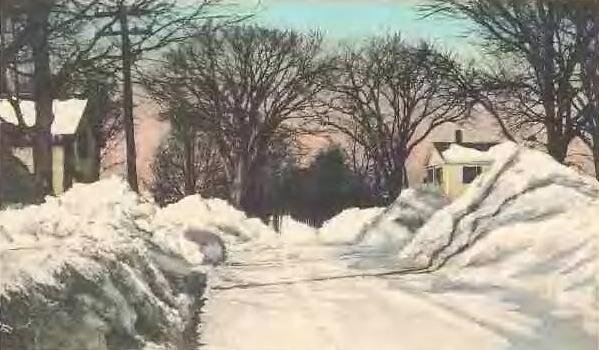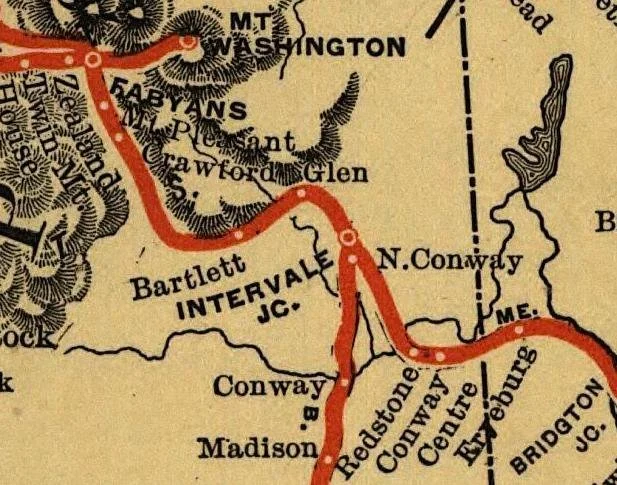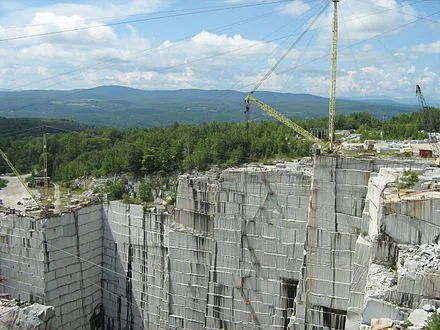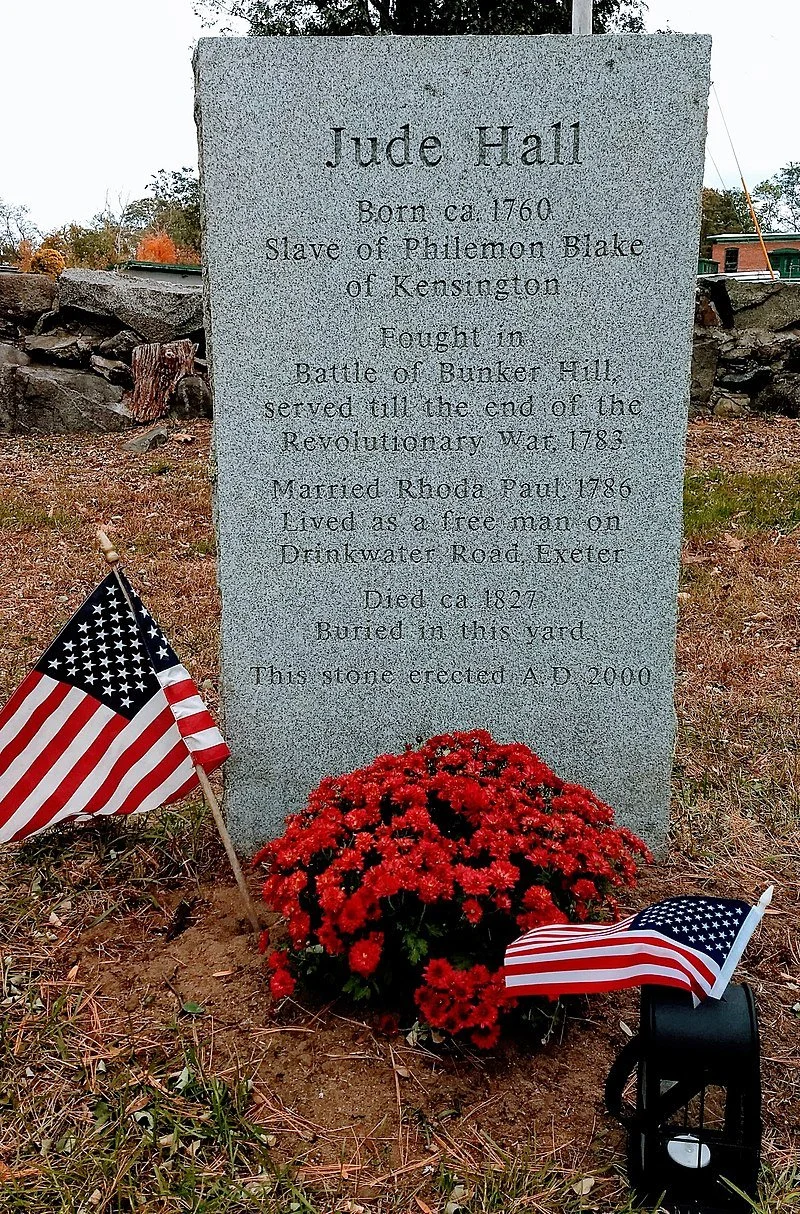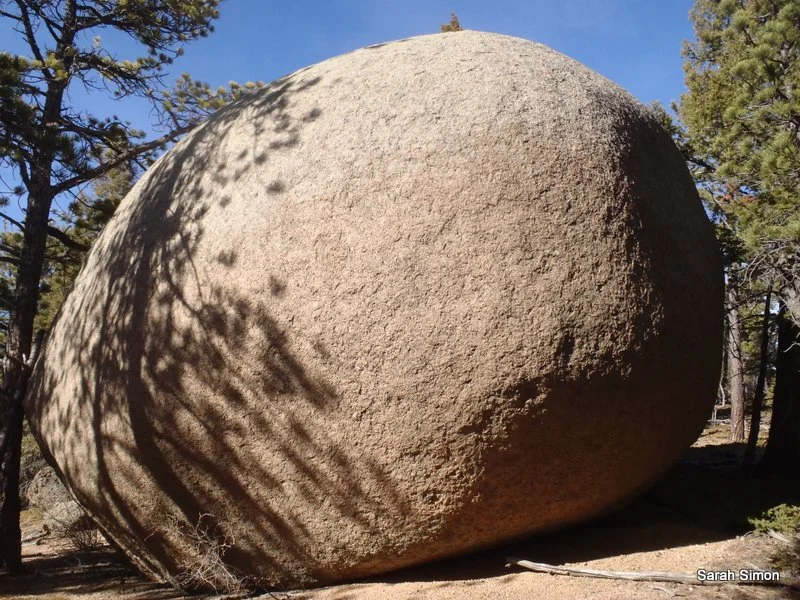
He had to blast it
Elm Street in Milford, N.H. in 1915
“New Hampshire is called the Granite State, because it is built entirely of granite, covered with a couple of inches of dirt. The New Hampshire farmer does not “till the soil,’’ he blasts it. For nine months of the year he brings in wood, shovels snow, thaws out the pump, and wonders why {Robert} Peary wanted to discover the North Pole. The other three months he blasts, plants, and hopes.’’
— Will M. Cressey (1864-1930), writer, actor and humorist, in his The History of New Hampshire (1920’s)
Depot Square in Bradford, N.H., in 1913
‘It’s not intellectual’
Rock of Ages granite quarry in Graniteville, Vt.
]
“Never confuse faith, or belief — of any kind — with something even remotely intellectual.’’
— From A Prayer for Owen Meany, a novel by John Irving (born 1942)
The plot centers around John Wheelwright and Owen Meany, who live in the fictional town of Gravesend, N.H. (based on Irving’s hometown of Exeter, N.H.). As boys they are close friends, although John comes from an old rich family — as the illegitimate son of Tabitha Wheelwright — and Owen is the only child of a working-class granite quarryman. John's earliest memories of Owen involve lifting him up in the air, easy because of his permanently small stature, to make him speak. And an underdeveloped larynx causes Owen to speak in a high-pitched voice. During his life, Owen comes to believe that he is "God's instrument".
Jude Hall granite memorial stone in Exeter, N.H.
'More mellow' later in the day
"The weather-beaten granite has an individuality which belongs to this corner of the land and marks it as a stone fit for our builder’s purposes. Under every sort of weather – and we have them all in Connecticut – it throws back the light in a warm and friendly glow. Its texture is as rough as homespun, its strength as rugged as the pioneer’s; yet in the late afternoon, its surface seems to glow softer and more mellow, under the slanting rays of the sun, much as a face that is usually a little stern and rigid may melt into more genial lines under the influence of friendship. The character of New England is stamped upon this stone.’’
-- Robert Dudley French

